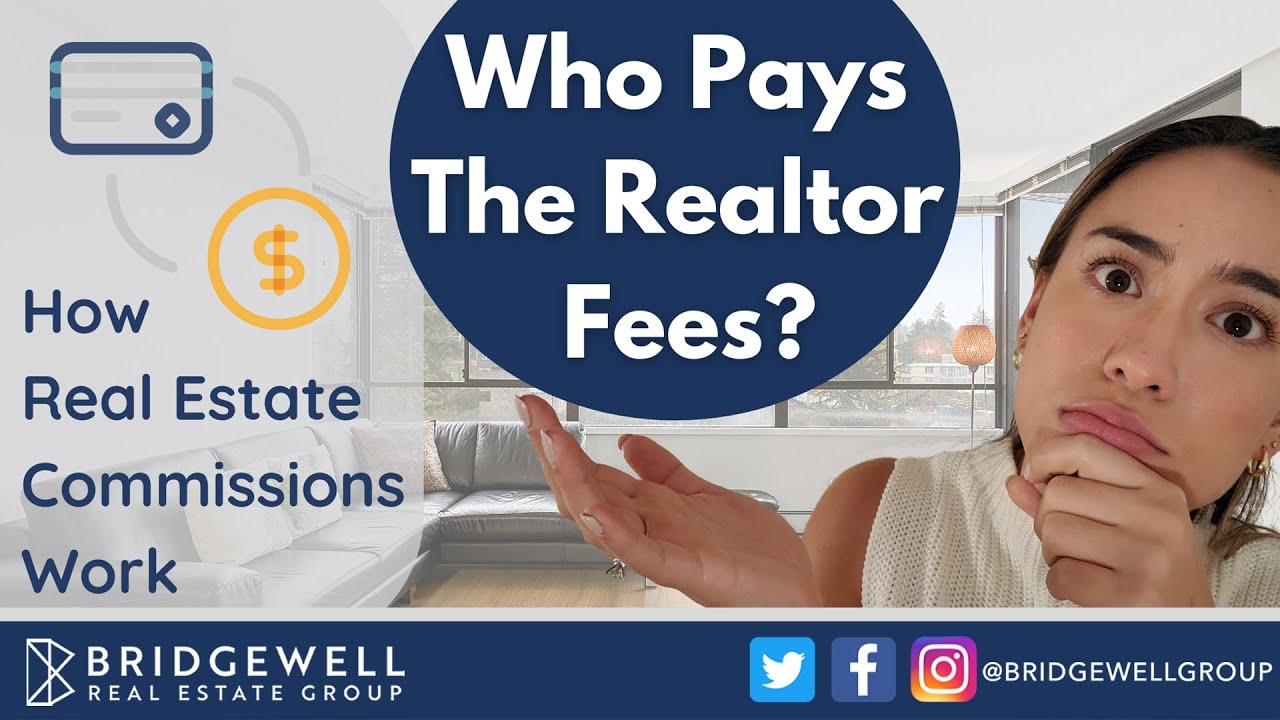
What education are you required to start your Florida real estate license? This is one of the most crucial questions you'll ask as you begin to consider Florida real estate licensure. This article will outline the requirements for pre-licensing education, how long it takes, and how to make the most of that education. We'll also discuss which courses are the most important, and what you should expect to pay as a result.
Pre-licensing education
Pre-licensing education must be completed before you are allowed to start real estate practice in Florida. Pre-licensing education must be completed for at least 64 hours before you can apply and receive a license. The courses should cover mathematics, law principles, and real estate practice. Some courses will cost anywhere from $100 to $500. The minimum passing score required to be licensed in Florida is 70 percent. Attorneys don’t have to take any prelicensing courses. They can simply sit for the sales associate exam with no pre-licensing.

Pre-licensing education for real property in Florida can be obtained online or in person through a number of companies. Some courses are self-paced and include practice exams. Others offer a variety of study aids, such as textbooks and practice exams. No matter which program you choose, you must complete your state's prelicensing education requirements. Fortunately, there are some online programs that are free and offer pre-licensing education.
Pre-licensing education cost
Depending on the state you're in, the cost of pre-licensing education for real estate can range from $100 to $1,000. There are many reasons for this, but the most common is that real estate courses require a lot of time and energy to create. Companies who create these courses must pay their staff to ensure that the content is up to date and in compliance with all state laws. While some title companies and brokerages offer continuing education courses for free, they are usually not free as they are longer and more detailed than other courses.
No matter where you live, Florida's pre-licensing education is well worth the investment. A Florida realty exam contains 100 multiple-choice items and a passing mark of 75%. There are 45 questions based on real estate law and principles and 10 questions that test your mathematical ability. You can expect to score 75% or more if you study well.
Time required for pre-licensing education
An individual must be at least eighteen years of age and have passed a background check to get a Florida real estate license. They must complete at minimum 90 hours of prelicensing education. They must be of good moral character and declare any convictions. They cannot be granted a real property license if they were convicted in a felony conviction. Fingerprint clearance is required. Once they have been approved by their Broker online, they can then continue their education.

All applicants must be at minimum 18 years of age with a US social security number. Additionally, applicants need to have a highschool diploma. Although real estate education is not required in Florida to become licensed broker, it can help you to get the basics down. Florida recognizes licenses from Arkansas, Georgia, Illinois and Arkansas. Applicants are eligible to get a license in Florida if they have a real estate license from any of these states. In addition to Florida, candidates from Arkansas, Georgia, Illinois, and Connecticut must also complete a state exam.
FAQ
What are the benefits of a fixed-rate mortgage?
Fixed-rate mortgages guarantee that the interest rate will remain the same for the duration of the loan. This ensures that you don't have to worry if interest rates rise. Fixed-rate loan payments have lower interest rates because they are fixed for a certain term.
How many times do I have to refinance my loan?
This will depend on whether you are refinancing through another lender or a mortgage broker. Refinances are usually allowed once every five years in both cases.
What is the average time it takes to sell my house?
It depends on many factors, such as the state of your home, how many similar homes are being sold, how much demand there is for your particular area, local housing market conditions and more. It takes anywhere from 7 days to 90 days or longer, depending on these factors.
Should I rent or buy a condominium?
If you plan to stay in your condo for only a short period of time, renting might be a good option. Renting saves you money on maintenance fees and other monthly costs. The condo you buy gives you the right to use the unit. The space can be used as you wish.
What is the average time it takes to get a mortgage approval?
It is dependent on many factors, such as your credit score and income level. It typically takes 30 days for a mortgage to be approved.
Do I require flood insurance?
Flood Insurance protects against damage caused by flooding. Flood insurance helps protect your belongings and your mortgage payments. Learn more about flood coverage here.
What is a "reverse mortgage"?
Reverse mortgages allow you to borrow money without having to place any equity in your property. It works by allowing you to draw down funds from your home equity while still living there. There are two types: government-insured and conventional. If you take out a conventional reverse mortgage, the principal amount borrowed must be repaid along with an origination cost. FHA insurance covers the repayment.
Statistics
- This seems to be a more popular trend as the U.S. Census Bureau reports the homeownership rate was around 65% last year. (fortunebuilders.com)
- Over the past year, mortgage rates have hovered between 3.9 and 4.5 percent—a less significant increase. (fortunebuilders.com)
- 10 years ago, homeownership was nearly 70%. (fortunebuilders.com)
- It's possible to get approved for an FHA loan with a credit score as low as 580 and a down payment of 3.5% or a credit score as low as 500 and a 10% down payment.5 Specialty mortgage loans are loans that don't fit into the conventional or FHA loan categories. (investopedia.com)
- Some experts hypothesize that rates will hit five percent by the second half of 2018, but there has been no official confirmation one way or the other. (fortunebuilders.com)
External Links
How To
How to Find an Apartment
When moving to a new area, the first step is finding an apartment. This requires planning and research. This includes researching the neighborhood, reviewing reviews, and making phone call. You have many options. Some are more difficult than others. Before you rent an apartment, consider these steps.
-
Online and offline data are both required for researching neighborhoods. Online resources include Yelp. Zillow. Trulia. Realtor.com. Local newspapers, real estate agents and landlords are all offline sources.
-
You can read reviews about the neighborhood you'd like to live. Review sites like Yelp, TripAdvisor, and Amazon have detailed reviews of apartments and houses. You may also read local newspaper articles and check out your local library.
-
Make phone calls to get additional information about the area and talk to people who have lived there. Ask them what the best and worst things about the area. Ask for recommendations of good places to stay.
-
Be aware of the rent rates in the areas where you are most interested. Renting somewhere less expensive is a good option if you expect to spend most of your money eating out. Consider moving to a higher-end location if you expect to spend a lot money on entertainment.
-
Learn more about the apartment community you are interested in. It's size, for example. What's the price? Is it pet-friendly What amenities are there? Do you need parking, or can you park nearby? Are there any rules for tenants?